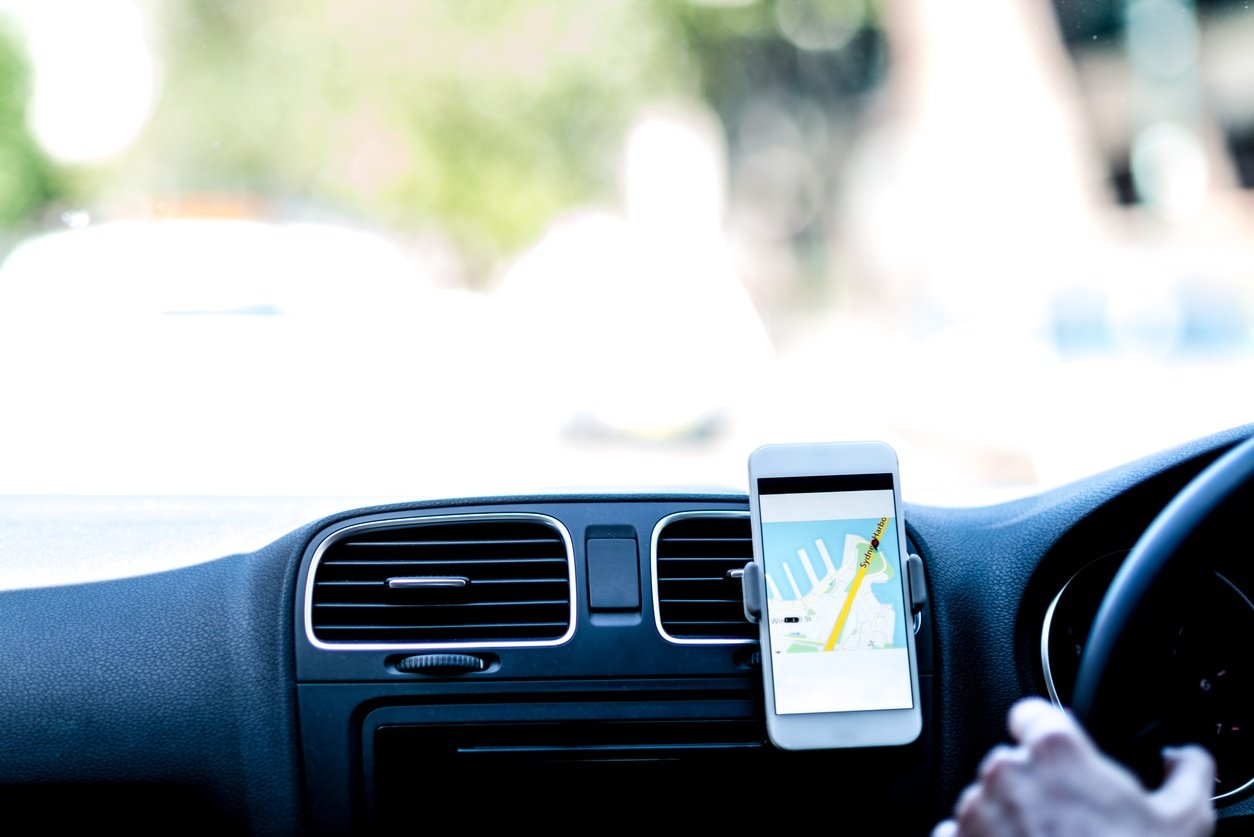Clinical Trials Are Partnering With Uber and Lyft to Improve Patient Engagement

In order to improve patient enrollment, clinical trials are teaming up with ride sharing services to alleviate transportation-related issues.
Clinical trials continue to struggle with patient engagement, and it’s having a tangible impact on the cost of care across the globe; as I mentioned in a previous post, approximately 27% of the more than $7 billion being spent on clinical trials in the U.S. can be attributed to patient recruitment and enrollment. Moreover, every day of delay in during the development process represents up to $1 million in potential revenue lost for the trial sponsor.
With such high stakes, it’s not surprising that the industry starting to think outside the box in order to improve patient engagement in clinical studies.
Transportation Remains a Key Issue
One of the biggest impediments to clinical trial efficiency is patient access – according to Nariman Nasser, the VP of Site Optimization at Continuum Clinical, recent surveys show that up to 50% of patients considering participating in a clinical trial listed lack of transportation as a barrier. “If they’re relying on family members, their transportation becomes less reliable, and they’re forced to drop out of the trial.”
John Brownstein, CIO of Boston Children’s Hospital (and Uber’s Health Advisor), echoes Nasser’s sentiment: “When you look specifically at clinical trials, we have major issues with dropouts and we know some of those are just about logistics, just about getting to those trial sites.”
Removing Roadblocks for Patients – Literally
In order to address these issues, a number of sponsors and CROs are beginning to partner with ridesharing services – Brownstein recently launched Circulation, which leverages Uber technology that not only gets patients to trial sites, but also allows trial organizers to coordinate the rides themselves and monitor where patients are in real-time.
Lyft is dabbling in similar ventures – according to Account Executive Omar Nagji, the company wants to give trial coordinators the ability to “leverage the Lyft network and schedule and preschedule rides in advance.” He also explains that the technology “lets you centralize billing, so they [patients] don’t necessarily need a smartphone. They can’t change the destination as well. You have more transparency and more datapoints around those patients.”
Lyft also recently announced a partnership with Continuum in which they’ll be offering free transportation to eligible patients enrolled in trials with its partners.
A Small Piece of the Patient Engagement Puzzle
Of course, these partnerships are certainly a step in the right direction, but improving recruitment and retention is a multifaceted problem and as such, it requires a multifaceted solution. The most important takeaway from this story isn’t that we’re solving one specific problem like transportation – rather, it’s the broader trend that this development represents.
We’re now seeing more and more trials leveraging consumer-facing services and technologies to improve efficiency. mHealth and wearables, remote patient monitoring, online education and awareness initiatives – even virtual reality – are becoming increasingly commonplace, and it’s already making a significant impact for early adopters.
The point is, unless the industry makes a concerted effort to remain in-step with evolving consumer trends and preferences, it’s unlikely things are going to improve anytime soon.

 Back to Blog Home
Back to Blog Home